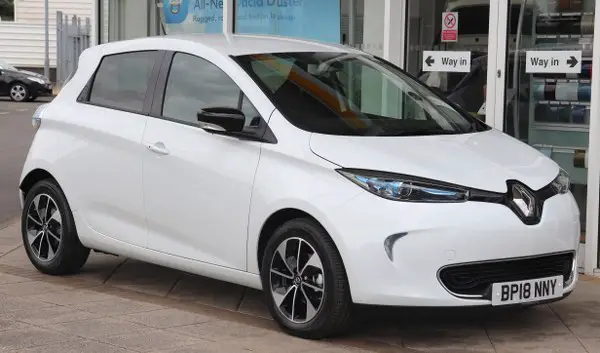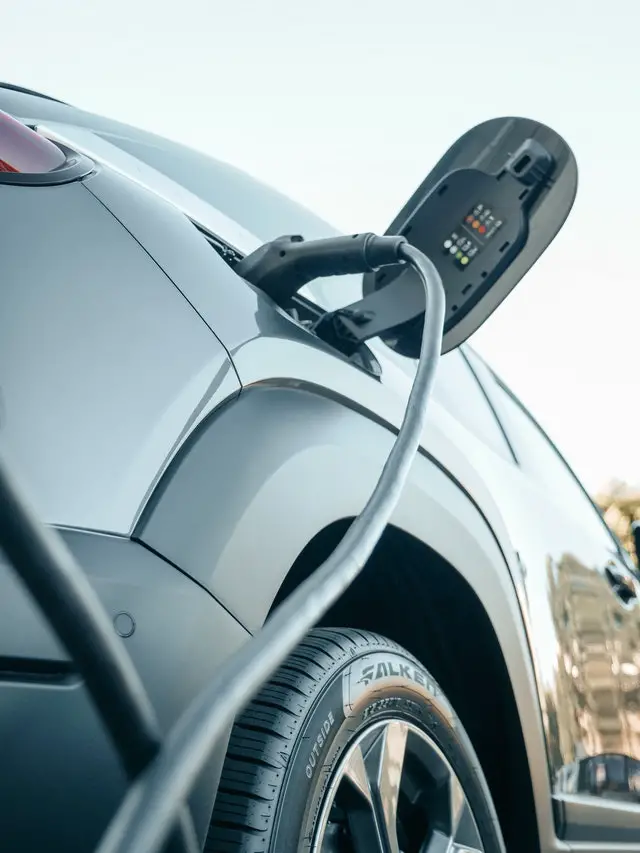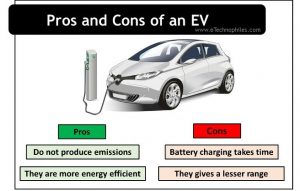Electric cars have been gaining momentum in recent years. The biggest advantage is that they’re cleaner, quieter, and cheaper than their conventional counterparts- but there’s more to it than just those factors! In this article, we’ll look at what else you need to know before buying one as well as some potential drawbacks of using an electric vehicle instead of a gas engine.
| Pros | Cons |
| Electric cars don’t produce emissions, so they’re better for the environment. | The batteries in electric cars can’t last as long as the gasoline in a traditional car tank. |
| In the long run, electric cars are cheaper to maintain than gasoline cars. | They take longer to charge than gas cars. |
| They are more efficient than traditional gasoline cars. | Electric grids aren’t ready to handle all the extra demand from electric cars. |
Pros of an Electric Car
Electric cars are great for drivers who want to reduce emissions, reduce fuel costs, and want high performance. Let’s look at some pros of an electric car.

Energy Efficient
One of the most important advantages of electric cars is that they are much more energy-efficient. Electric car batteries convert 59 to 62% of the energy from the fuel source into actual energy for powering the wheels of the vehicle.
While gas-powered vehicles only convert between 17 and 21%. This means that charging an electric car’s battery puts significantly more towards actually powering the vehicle than filling up at a gas pump.
Less Fuel cost per mile
Electric cars also have a much lower fuel cost than gasoline cars. Electric cars can travel three miles per kWh, while gasoline cars only get about 22 miles per gallon. This means that electric cars can travel nearly four times as far for the same price.
Low Maintenance Cost
Electric cars also have lower maintenance costs than gasoline cars. Electric cars have fewer moving parts, so they require less maintenance than gasoline cars. Hence, electric cars are a more cost-effective option in the long run.
High Performance
Electric cars are often thought of as being slow and bulky, but this couldn’t be further from the truth. In fact, electric vehicles (EVs) are high-performance cars whose motors are quiet and smooth. Additionally, the driving experience can be fun because AEV motors react quickly, making them responsive with good torque.
More Convenient
Electric cars are also newer than their gas-powered counterparts and are often more digitally connected. With charging stations available, drivers have the option to control charging from an app, making the process more convenient.
Reduced Emissions
Electric cars are becoming increasingly popular as environmental awareness grows because they emit no pollutants from the tailpipe. They are powered by a rechargeable battery. In addition, electric cars use less energy than gasoline cars, which means that they cost less to operate.
Electric cars also have the potential to be powered by renewable energy sources, such as solar panels. This would further reduce emissions and help to combat climate change. Electric cars are a clean and efficient way to travel, and their popularity is sure to continue to grow in the coming years.
Related: 4 Helpful Tips for Electric Car Maintenance
Cons of an Electric Vehicle
Electric cars are an eco-friendly alternative to traditional gas guzzlers. They’re also good for our planet because they don’t produce any waste during operation. However, there can be some drawbacks depending on how often you need fuel–and at what cost.
Less Range
Electric cars have come a long way in recent years, but they still have some limitations when compared to traditional gasoline-powered cars. One of the biggest differences is range. Most electric vehicles can travel between 120 to 200 miles on a single charge, with some luxury models reaching up to 300 miles.
In comparison, gasoline-powered cars will typically get around 300 miles on a full tank of gas, and more fuel-efficient vehicles can often go much further. This may be an issue if you frequently take long trips or if you live in a rural area with limited access to charging stations. However, if you primarily use your car for short commutes or local errands, an electric car may be a perfect fit.
More charging time

One of the potential issues with electric cars is that they can take a long time to “refuel”. Fully recharging the battery pack with a Level 1 or Level 2 charger can take up to 8 hours, and even fast charging stations take 30 minutes to charge to 80% capacity.
This can be a problem for drivers who are used to stopping at a gas station and quickly filling up their tank. Electric car drivers have to plan more carefully because running out of power can’t be solved by a quick stop at the gas pump. However, many people feel that the benefits of electric cars outweigh this inconvenience.
More expensive
Electric cars are more expensive than gas-powered cars, and the upfront cost of all-electric vehicles can also be prohibitive. However, the fuel cost savings, tax credits, and state incentives can help to offset this cost overall if they are available. Electric cars have lower maintenance costs, and their battery packs may last the lifetime of the car.
Conclusion
Electric cars are becoming more popular as the technology improves and the infrastructure for charging expands. Some people are drawn to electric cars because of the fuel savings and the reduced emissions, but it’s important to consider all the factors before making a purchase.
Electric cars are more expensive than gas cars, and the battery packs may need to be replaced after a certain number of years. Additionally, electric car owners need to have reliable access to charging stations. Electric cars are a great option for some people, but they’re not right for everyone. It’s important to do your research and look at the pros and cons of electric cars before making a decision.
Common FAQs
Is an electric car worth buying?
While the initial purchase price of an electric vehicle (EV) may be higher than that of a traditional gas-powered car, there are a number of factors that can make EVs more affordable in the long run. For one, EVs require less maintenance than gas cars, and they also have a longer lifespan.
In addition, the cost of powering an EV is significantly lower than the cost of gasoline, even taking into account the slight difference in inefficiency. When all of these factors are taken into account, it’s clear that EVs have the potential to be more affordable than their gas-powered counterparts.
